The circular economy depends on all of us. For Braskem’s post-consumer recycled chemicals and polymers to be produced and used in a vast number of products that are part of our lives, we must first be aware that every attitude we take with the products we use matters.
How you dispose your plastic waste is important, as is efficient collection and management and mobilizing the industry to rethink products and develop technologies that open up new perspectives for a more sustainable future.
Through innovation applied to the recycling process, we want to make this reality more and more feasible.
Let’s do this together?
Learn about Braskem’s circular solutions

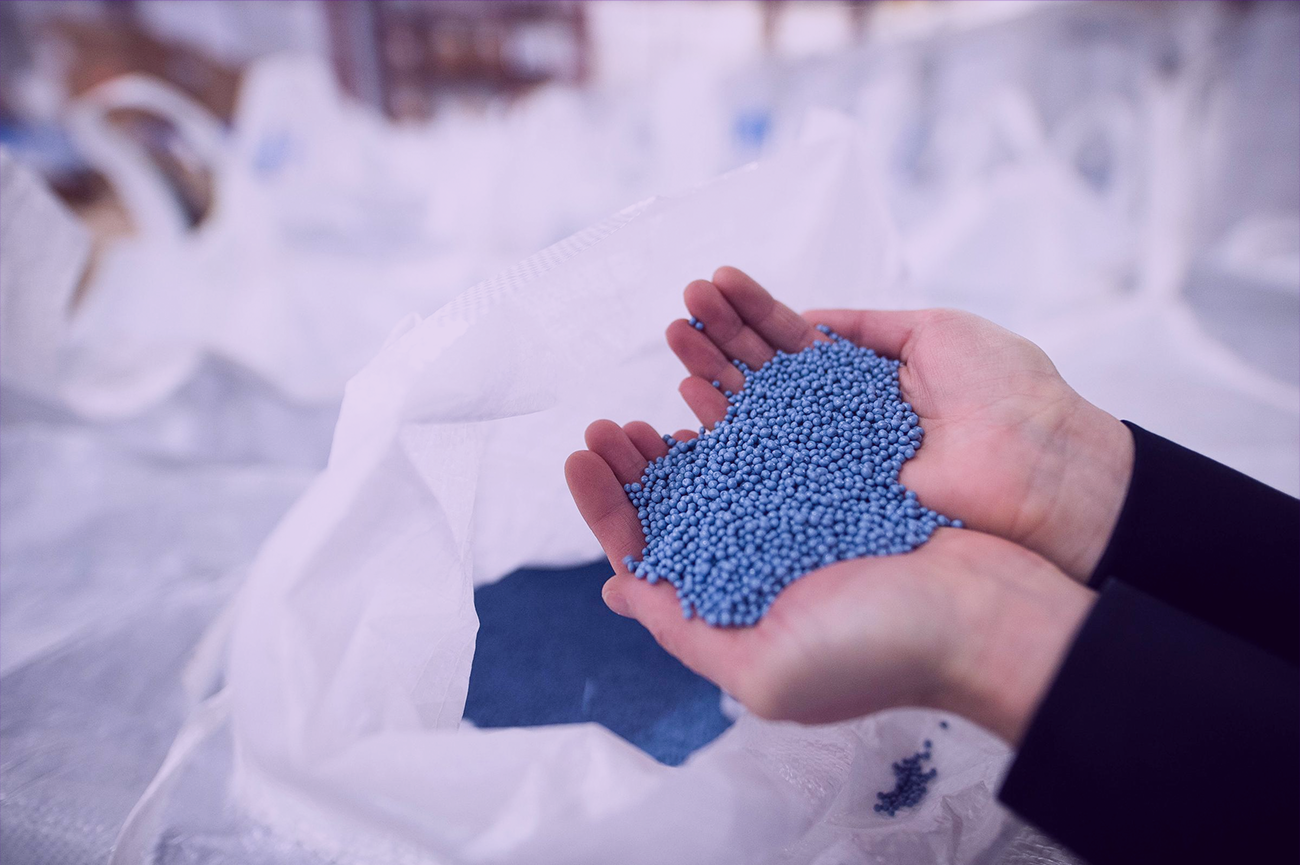
Polymers
Braskem’s post-consumer recycled resins meet the needs of clients and major brands from the most diverse sectors, which, like us, are committed to the circularity of their products and packaging.
A constantly evolving portfolio that includes food-grade and low-carbon solutions, with the latter produced from a combination of recycled and renewably sourced resins.
58 Wenew polymers in portfolio
More than 40 under development
A look at the life cycle of polymers
Wenew polymers were analyzed in a Life Cycle Assessment (LCA) study encompassing several categories of environmental impacts throughout their life cycle, from the origin of the plastic waste to Braskem’s doorstep.
Results include gains of up to 48% reduction in carbon emissions from the entire portfolio of Wenew polymers compared to conventional virgin polymers.
The study follows the standards established in ISO 14040 and 14044 and counted on data from recyclers and Braskem.
Chemicals
Braskem’s portfolio of chemicals, widely used as base material in various sectors of the economy, already has circular options such as the solvent Circular Hexane and the Circular Caustic solution, for markets such as adhesives, rubbers, thinners, cleaning products and packaging.
Using the production process of other Braskem products or from chemical recycling, Wenew chemicals guarantee maximum use of raw materials with reduced waste generation, combining quality, performance, safety and sustainability.
2 Wenew chemicals in portfolio
New solutions under development
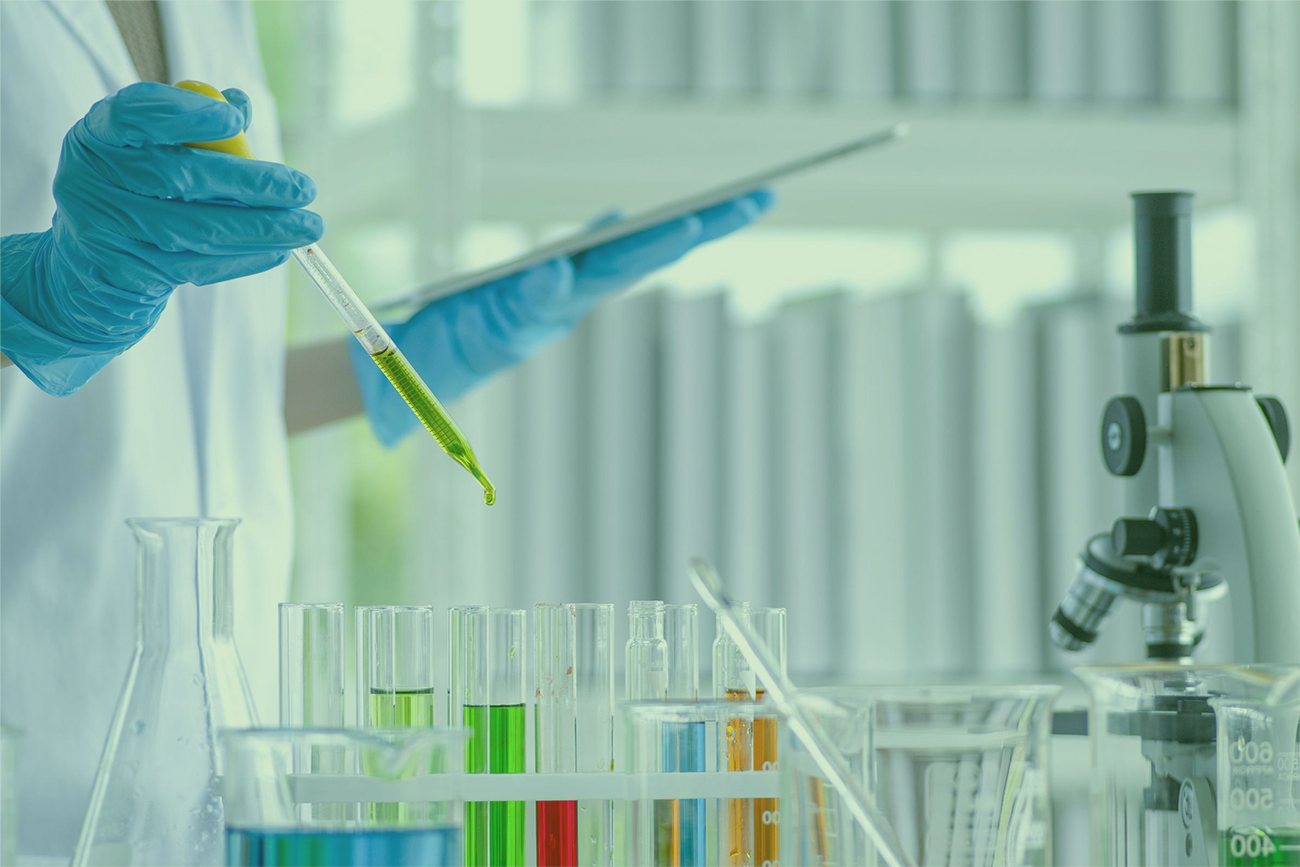

How are our
circular solutions manufactured?
Mechanical recycling is the best-known method to give new uses to plastic waste.
In this process, post-consumption plastic – of consumer or industrial origin – is ground into smaller pieces, which are washed and, after this stage, go through a process called extrusion, which transforms it into small granules of thermoplastic polymers, called pellets.
All this is done without altering its chemical structure and these pellets are re-used to produce new products, such as packaging for hygiene and cleaning products, furniture, secondary packaging, and household appliances, among others.
of plastics
recycled resin
applications
Mechanical recycling:
the circular future depends on a collective effort
We join forces with regional partners to expand the mechanical recycling of plastic waste and transforming it into our recycled resins.
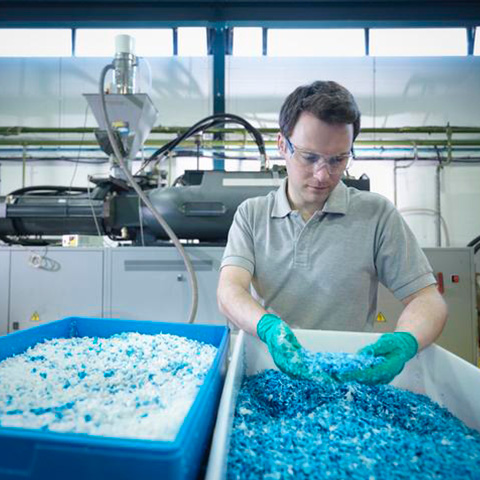
Braskem and Wise Plásticos S.A.
Braskem signed a contract with Wise Plásticos S.A., one of Brazil’s leading mechanical recyclers, in which we acquired 61.1% of the company’s equity capital, further expanding our capacity to recycle plastic waste for transformation into post-consumer recycled resins. Braskem and Wise continue to operate independently.
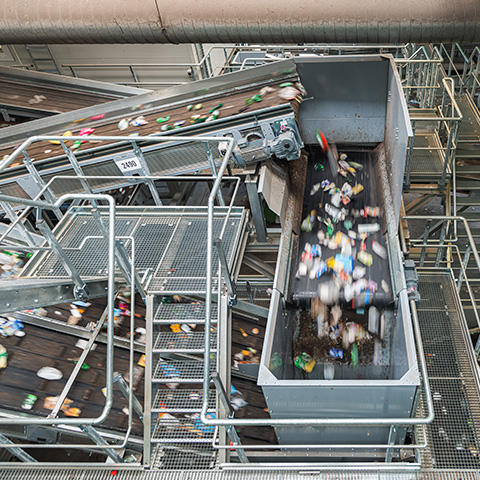
Braskem Idesa and Alcamare
In Mexico, in partnership with Alcamare, the country’s largest recycler, Braskem Idesa is working to join forces to development and commercialize PE and PP recycled solutions with the goal of reaching FDA applications such as food and cosmetic packaging.
Chemical recycling is vital to accelerate the circularity of plastic, especially since it expands the possibilities of recycling more complex waste.
The process involves a technology that modifies the physical and chemical properties of waste. Using heat, the molecules of post-consumer plastics are broken down into simpler ones creating the circular raw material, which is then made into plastics or chemicals that are the same as those produced with conventional raw materials.
other processes
resin products
applications
A future in which more plastics can be recycled
To make chemical recycling a reality in the near future requires the ability to respond to challenges and innovate.
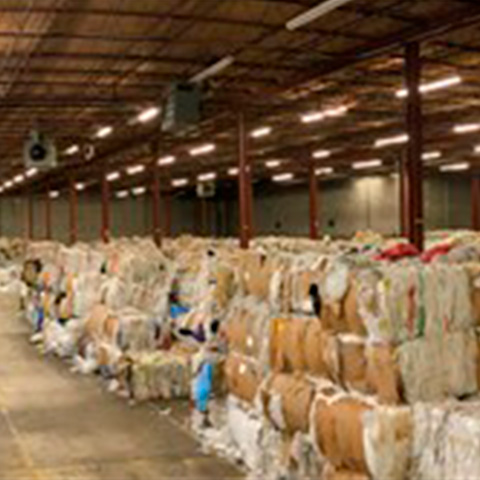
Braskem and Nexus Circular
In the United States, Braskem has signed a 10-year definitive commercial agreement with Nexus Circular, a company that converts difficult-to-recycle plastics, such as plastic films discarded in landfills, into circular raw materials, for the supply of circular feedstocks from its chemical recycling facility. Braskem completed a strategic investment in Nexus Circular in January 2022.
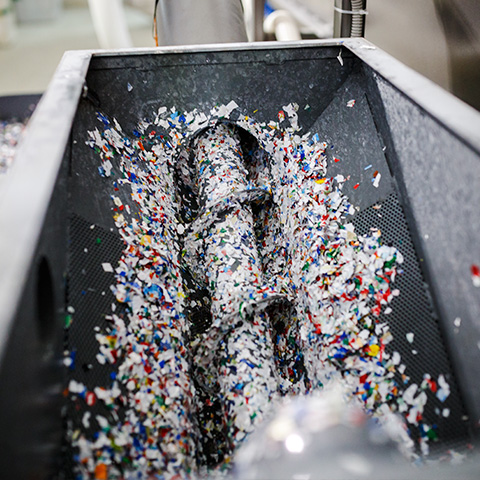
Studies to increase technology efficiency
Together with Fábrica Carioca de Catalisadores (FCC S.A.), SENAI CETIQT and COPPE/UFRJ, Braskem is in the process of developing technology to improve the quality of the products generated in the chemical plastic recycling process.
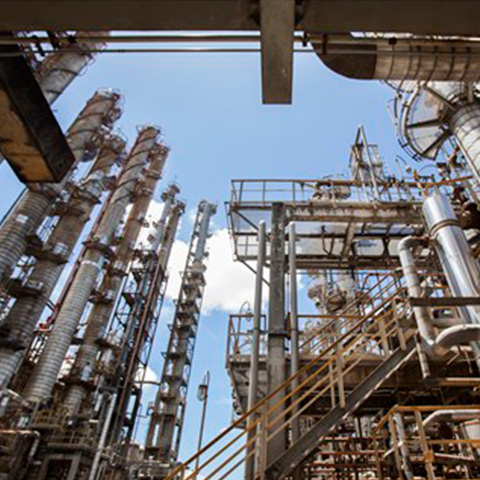
ISCC PLUS Certificate
Braskem’s plants in Brazil and the United States, as well as the plants in Europe have received the ISCC PLUS (International Sustainability & Carbon Certification). This certification allows the units to use alternative raw materials – such as circular and renewable – to produce chemicals and plastics.
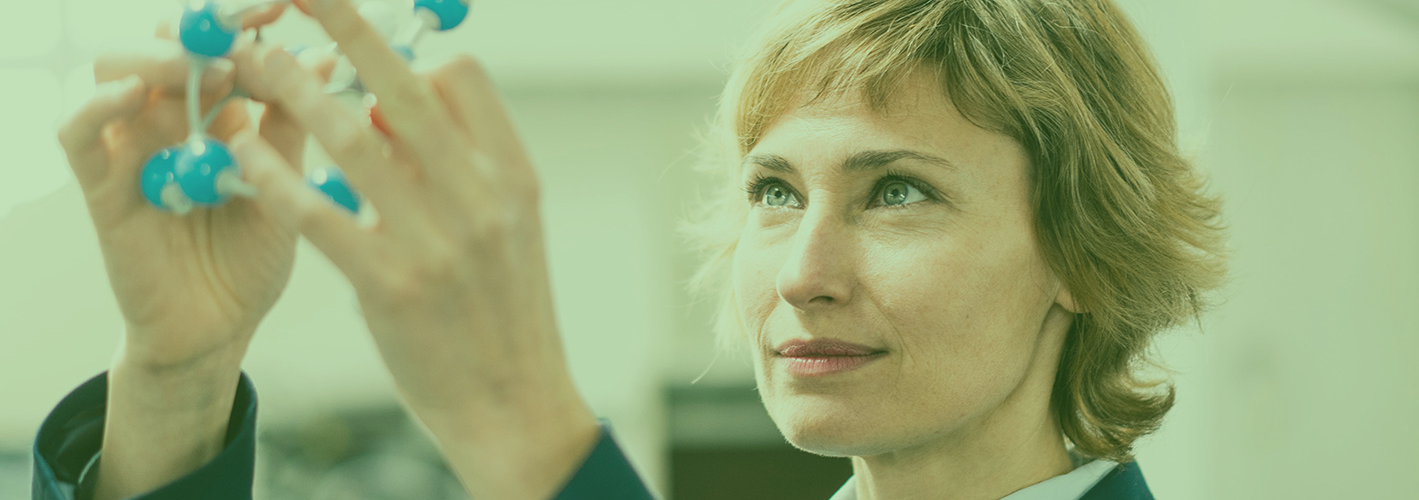
Learn more about our
circular solutions
Click here to access the Wenew brochure and check out the products.



